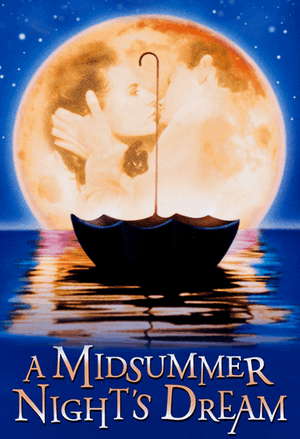
Back at the RSC
This film is based off Adrian Noble’s 1994 stage production at the Royal Shakespeare Company. Noble was then the artistic director of the RSC, during one of the company’s more troubled periods. Several major roles including Alex Jennings as Oberon/Theseus, Barry Lynch as Puck/Philostrate and Desmond Barrit as Nick Bottom Those who were at Stratford in 1994, joined the London production in 1995 in preparation for the American tour. Most notable of these additions is Lindsay Duncan as Titania/Hippolyta.
As you might guess from those credits, the version of the Dream follows the common theatrical tradition of doubling up the roles of the Athenian and the Fairy courts. And this is by far the most theatrical of the productions I’ve reviewed up to now. So theatrical that Noble needed to add an additional narrative device to justify the adaptation of his non-natural stage design into the naturalistic medium of film.
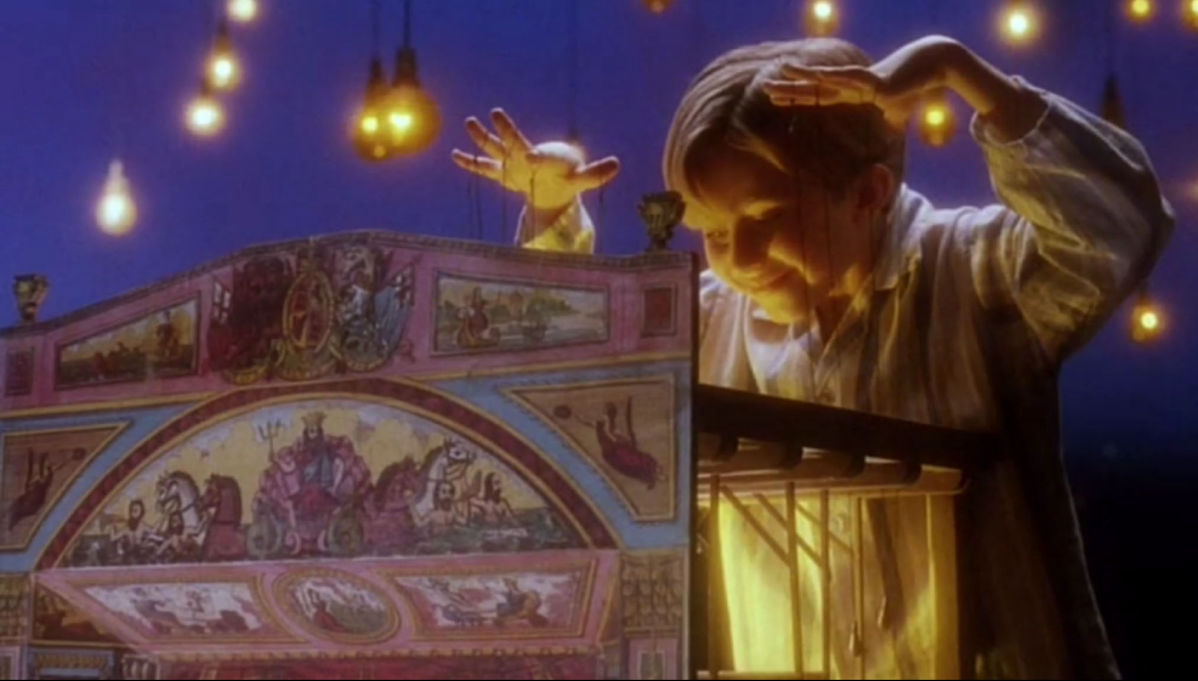
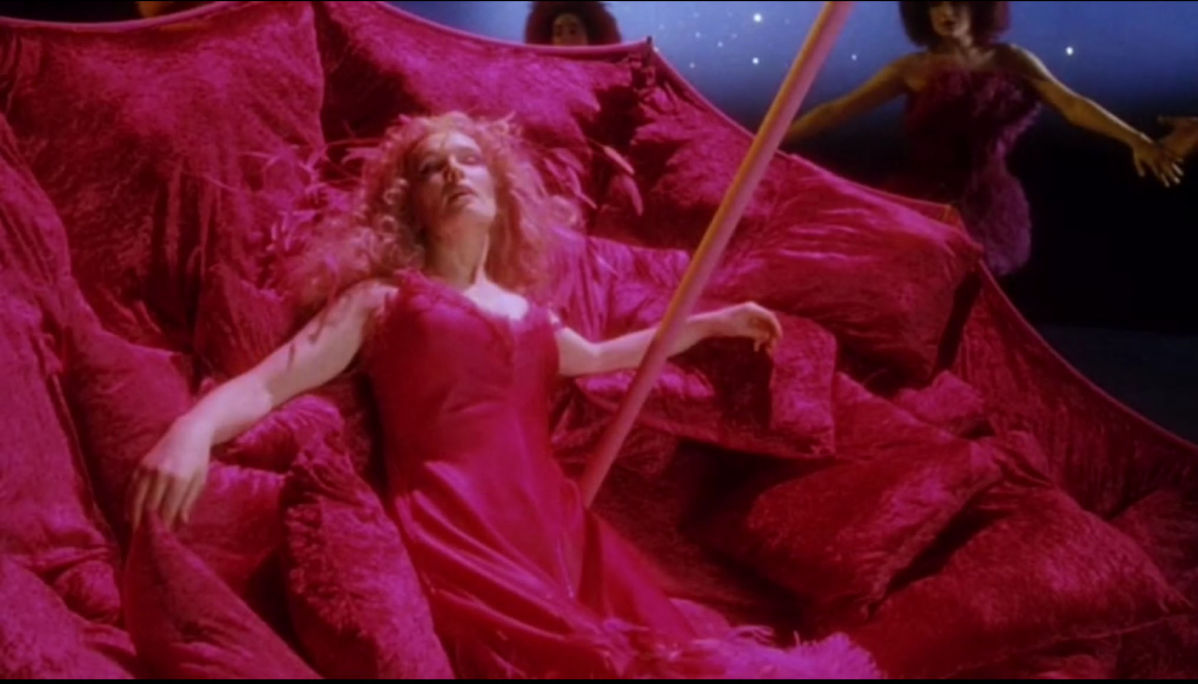
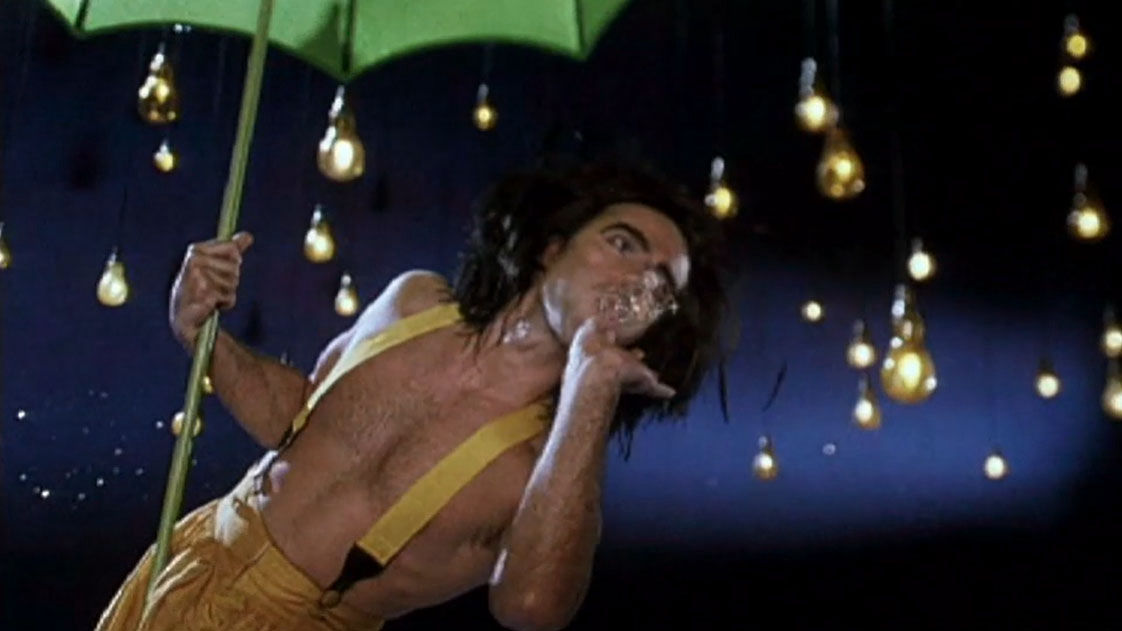
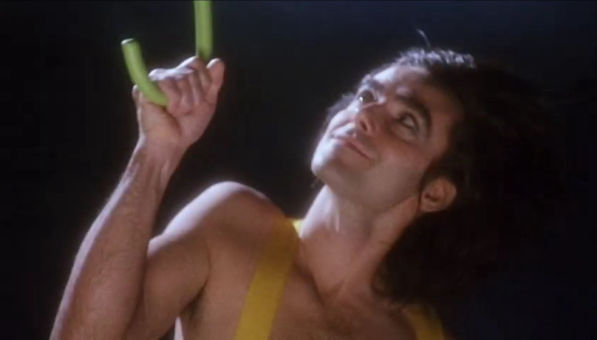
Contact Us